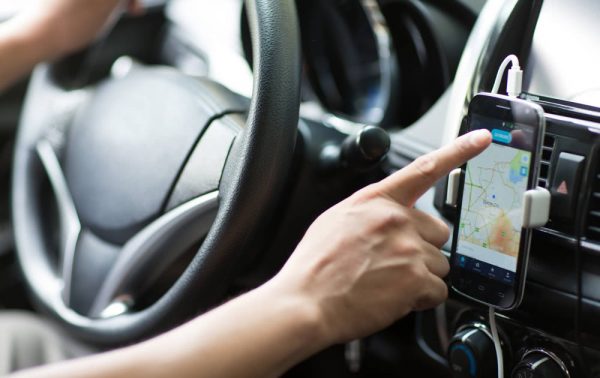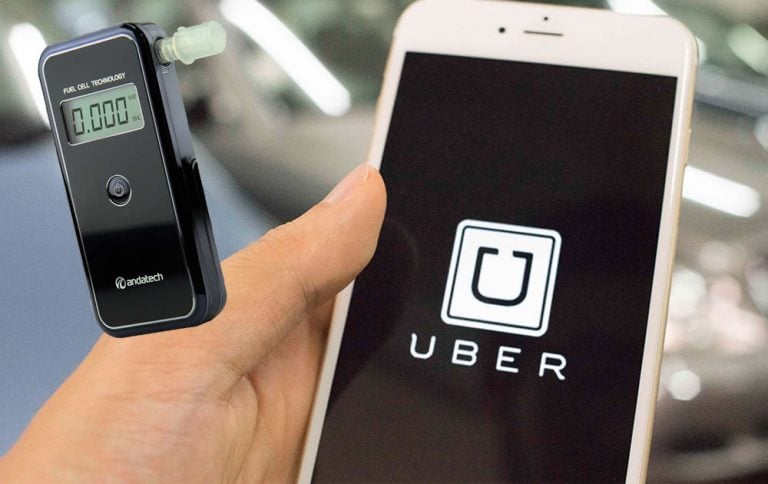Getting home after a loose night out may be about to become a lot more difficult.
Rideshare giant Uber has applied for a patent in the United States, for software that will develop the ability to detect intoxicated passengers using machine learning.
The premise of the software is to use a learned algorithm to determine a user’s state of inebriation.
The proposed software will track user behaviour such as typos, how long it takes to request a ride, how accurately the user clicks buttons and even their walking speed. Once the algorithm is created for a user, the app will be able to detect unusual behaviour. The time of day the ride is requested and pickup location will also be factors in the final outcome.
For example; if a user is ordering an Uber in the centre of a clubbing district at 3am, and takes 10 minutes to order the ride due to typos, then the app may determine that said user is intoxicated, based on previously collected data. It makes sense.

What does this mean for passengers and drivers?
The patent application also indicates that the Uber service may change based on the outcome of the data analysis. Drivers may be notified of the passengers’ state. This is theoretically a helpful way for drivers to prepare for their next passenger. However, this may also mean far less drivers accepting passengers due to their detected state.
For most drivers, dealing with drunken passengers is one of the worst parts of the job, so it is understandable that some would prefer to decline those deemed to be very intoxicated.
Love Music?
Get your daily dose of metal, rock, indie, pop, and everything else in between.
Will the introduction of this software drastically affect users ability to catch an Uber home after a big night on the town?
More data in the info pile
Our user data is generally collected for advertising purposes. The technology proposed in the Uber patent is an interesting concept; using a digital algorithm based on user phone activity to determine the physical state of a person is certainly new. It is unknown what a company like Uber will use this data for, outside of the detection of passenger’s drunkenness.
What do you think about the proposed patent?


































